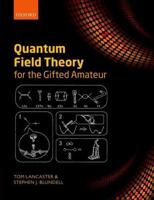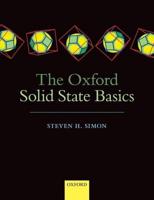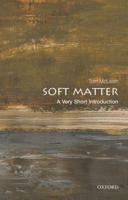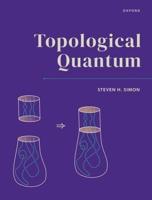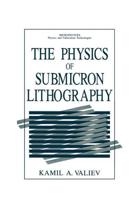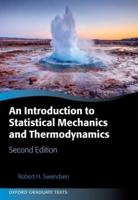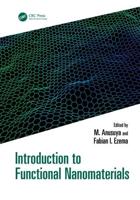Publisher's Synopsis
The book is an introductory text to the physics of Bose-Einstein condensation. This phenomenon, first predicted by Einstein in 1925, has been realized experimentally in 1995 in a remarkable series of experiments whose importance has been recognized by the award of the 2001 Nobel Prize in Physics. The condensate is actually a new state of matter, where quantum-mechanical wave functions of atoms behave as coherent matter waves in the same way as coherent light waves in the case of a laser. The authors provide a theoretical presentation of the main concepts underlying the physics of dilute atomic gases in conditions of extremely low temperatures where quantum effects play a crucial role. The main effort is devoted to discussion of the relevant theoretical aspects exhibited by these systems, such as the concept of order parameter, long range order, superfluidity and coherence. The mathematical formalism is presented in a form convenient for practical use. The book develops the theory of Bose gases starting from the pioneering Bogoliubov approach and gives special emphasis to the new physical features exhibited by non-uniform gases which are produced in the recent experiments with magnetic and optical traps. These features include the determination of the equilibrium profiles, the collective oscillations, the mechanism of the expansion of the gas after releasing the trap, the interference patterns obtained by overlapping two condensates, the rotational properties revealing the effects of superfluidity (quantized vortices, behaviour of the moment of inertia), the Josephson-like phenomena associated with the coherence of the phase, the beyond mean field phenomena exhibited by quantum gases in conditions of reduced dimensionality (1D and 2D) etc. The book also discusses the analogies and differences with the physics of "classical" superfluids like liquid helium and introduces some of the major features of trapped Fermi gases at low temperature, pointing out the consequences of superfluidity.


